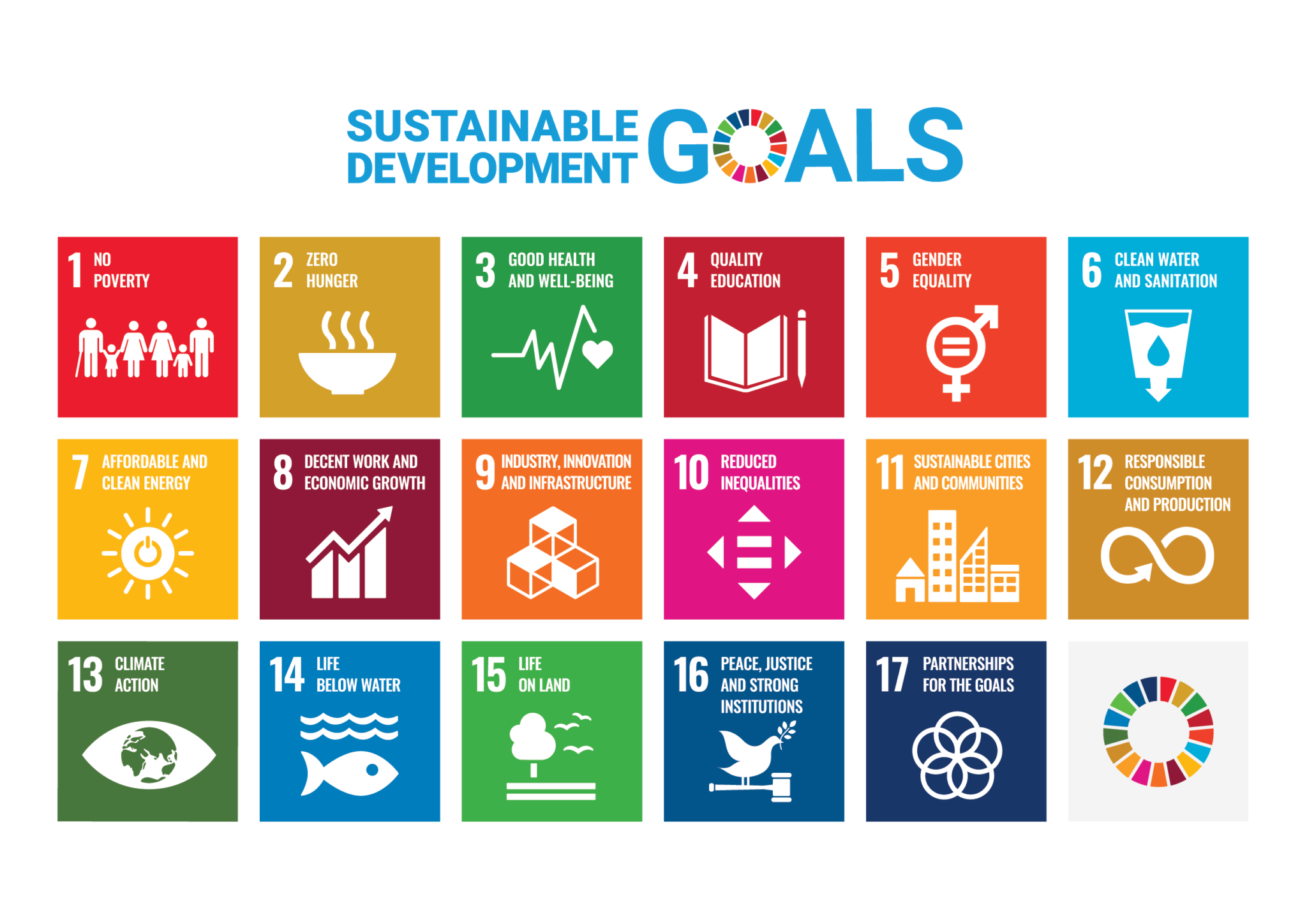Sustainability consulting
Sustainability and economic success go hand in hand. The future viability of a company depends on how well it integrates sustainability into its business model. Large corporations have already embarked on this path, but many small and medium-sized enterprises are still waiting to implement it. The window of opportunity to secure a competitive advantage through sustainability is shrinking.
We offer modular service packages in the consulting sector and accompany you throughout the entire transformation process - gladly also in different stages. Together we secure the future of your company.

Modular services
Materiality analysis
We look at the Stakeholders: These include, for example, customers, suppliers, employees, investors, banks and the society in which the company operates. By assessing and evaluating the various claims according to their importance, the company can identify those that are most relevant to its business and long-term sustainability strategy.
It is also possible to join the Sustainable Development Goals (SDGs) developed by the United Nations. The SDGs are 17 sustainable development goals to be achieved by 2030. Companies can select the relevant goals and integrate them into their sustainability strategy.
Within the framework of a Workshop, all requirements and topics are precisely defined and assessed for materiality in the next step. This process makes it possible to focus on the material issues and ensure that the sustainability report contains the relevant information.
Sustainability strategy
The preceding materiality analysis and the evaluation of the carbon footprint provide important information for the strategic orientation of a company with regard to sustainability. These analyses make it possible to identify the relevant aspects and set priorities = sustainability strategy.
In Workshop, we analyse the previous strategy, the corporate values and the business model with the company management. It is important to check whether the business model is sustainable and whether adjustments are necessary to adequately consider ecological and social aspects.
The Business model is screened for risks and opportunities and possibilities for a successful sustainable business model are developed.
The implementation of the goals and strategies requires a clear action plan that specifies which Measures need to be taken and who is responsible for doing so. It is also important to plan the communication of the sustainability strategy both internally and externally to promote stakeholder engagement and strengthen the positive image of the company.
The sustainability strategy takes into account all the key issues of the most important stakeholders, as well as the social, ecological and economic requirements in accordance with CSRD. The development of a sustainability strategy:
- Analysis and evaluation
- Objective
- Strategic orientation
- Implementation and integration
- Communication and reporting
Sustainability Report (ESG Report)
Fulfil your legal reporting obligations professionally. Through the Corporate Sustainability Reporting Directive (CSRD) of the EU, companies that fulfil 2 of the following 3 criteria are obliged to report on sustainability from the 2025 financial year onwards.
- Your company > 250 employees
- Your company > EUR 40 million turnover
- Your company > EUR 20 million balance sheet total
In the sustainability report pursuant to European Sustainability Reporting Standard (ESRS) companies must from 2024 report on the environment, social affairs and governance in addition to general information on the company. In addition to statements on the impact on climate change (greenhouse gas emissions), information on the company's own employees (appropriate remuneration, diversity) is one of the topics covered by the EU standards in the social area.
By obtaining the ESRS climate targets of the Paris Agreement, companies must reduce CO2-emissions in relation to 1990 until 2030 at 55% and until 2050 above 90%. The report must explain the targets as well as measures on how these targets will be achieved. The sustainability report is published in the Annual accounts 2025 attached to the management report for the first time and is subject to audit by a third party. Data for the taxonomy ratio for turnover, investments and expenses must also be provided.
Competitiveness through sustainability:
- You position yourself vis-à-vis your stakeholders as a future-proof and sustainable company.
- You attract applicants as an attractive employer
- You have competitive advantages in your industry as a first mover
- You can still obtain low financing costs for loans
- You are already minimising potential risks from climate change
- You spread the effort and costs over a manageable period of time
- You can look ahead and act instead of reacting
- You avoid "greenwashing" at the last minute
Sustainability management

Implementing the sustainability strategy throughout the company is a challenge. With the essential topics from the analysis and the results from the GHG balance and their reduction plans, the first measures and projects are initiated in the company that have to be managed.
For this purpose, processes have to be defined and team members have to be found who contribute their resources in the form of working time and expertise. Training and further education are an important prerequisite here, and we at M&P CLIMATE offer training content for employees, as well as for the management to structure the implementation .
Company-specific Key Performance Indicators (KPIs) are developed, which help to capture and measure qualitative and quantitative information to monitor the progress of sustainability measures. Effective Monitoring supports you in planning, implementing and controlling sustainability measures. It allows you to track progress, identify bottlenecks and address emerging opportunities or challenges at an early stage.
